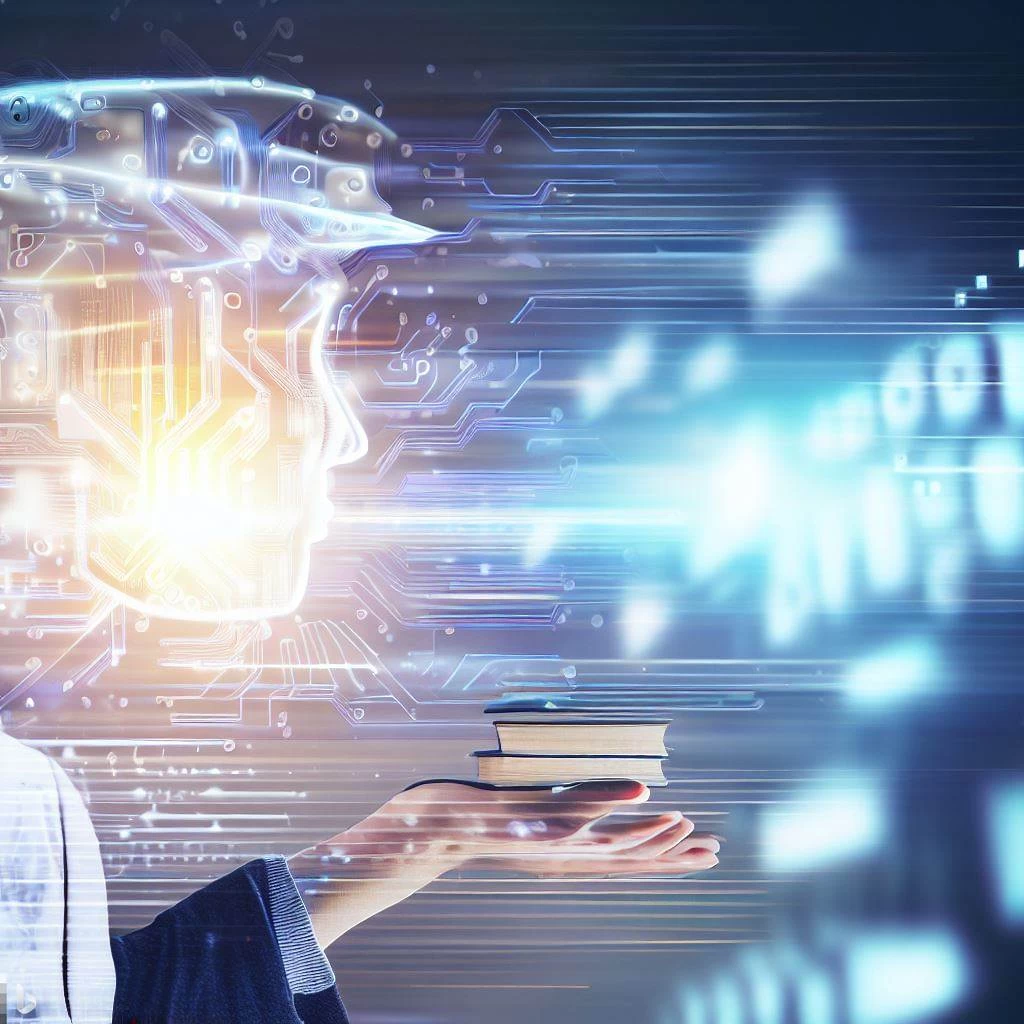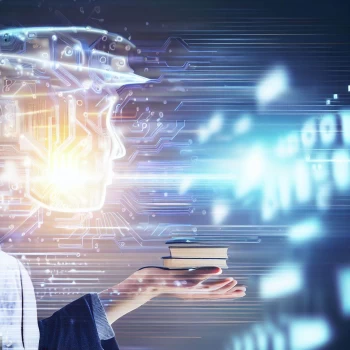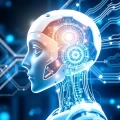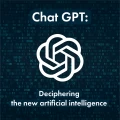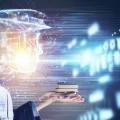The impact of artificial intelligence (AI) on the field of education has the potential to be transformative. From personalized learning experiences to automating administrative tasks, AI has the potential to change the way we learn and teach in significant ways. In this article, we explore the potential benefits and drawbacks of integrating AI into education.
Personalized Learning
One of the most significant advantages of AI in education is its ability to provide personalized learning experiences for students. AI algorithms can analyze vast amounts of data to identify each student's strengths and weaknesses, preferences, and learning styles. This allows for a more targeted and efficient approach to education, ensuring that each student receives the instruction and support they need to succeed.
For example, AI-powered tutoring systems can provide instant feedback to students as they work through problems, adjusting the difficulty level of questions based on their responses. This helps students stay engaged and motivated as they make progress at their own pace. Similarly, AI can assist teachers in creating tailored lesson plans and assignments that take into account each student's unique needs and abilities.
Administrative Tasks
In addition to personalized learning, AI can also assist in automating administrative tasks, freeing up teachers' time to focus on more engaging and interactive lessons. For example, AI can grade assignments and tests, freeing up teachers' time to provide feedback and support to students. AI can also help with scheduling and tracking attendance, reducing the administrative burden on teachers and school staff.
Identifying At-Risk Students
Another potential benefit of AI in education is its ability to identify students who are at risk of falling behind and provide interventions before they become overwhelmed. By analyzing data on student performance, attendance, and engagement, AI algorithms can detect patterns and identify students who may need additional support. This allows teachers and administrators to provide targeted interventions, such as one-on-one tutoring or personalized lesson plans, to help struggling students catch up and stay on track.
Ethical Implications
While the potential benefits of AI in education are significant, there are also important ethical considerations to be addressed. For example, who is responsible for programming the algorithms that determine what knowledge is valuable or which skills are most important to learn? How can we ensure that AI does not reinforce societal biases or inadvertently limit students' access to diverse perspectives and information?
One concern is that AI may be used to replace human educators, leading to job loss and decreased opportunities for human interaction in the classroom. It is important to note, however, that AI is not a substitute for human teachers, but rather a tool to support their work and enhance the learning experiences of students.
Conclusion
In conclusion, AI has the potential to revolutionize education and transform the way we learn and teach. Personalized learning, automating administrative tasks, and identifying at-risk students are just a few of the potential benefits of integrating AI into education. However, it is important to approach its use with care, ensuring that it is used responsibly and ethically to support, rather than replace, human educators. As we continue to explore the potential of AI in education, it is essential to remain mindful of its potential

